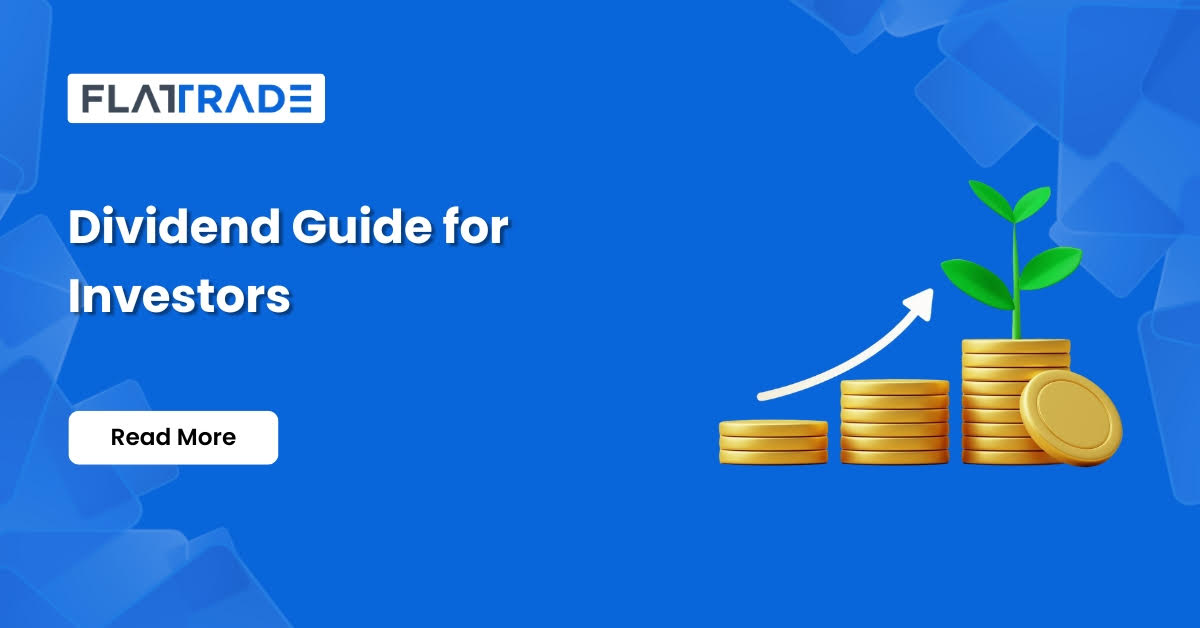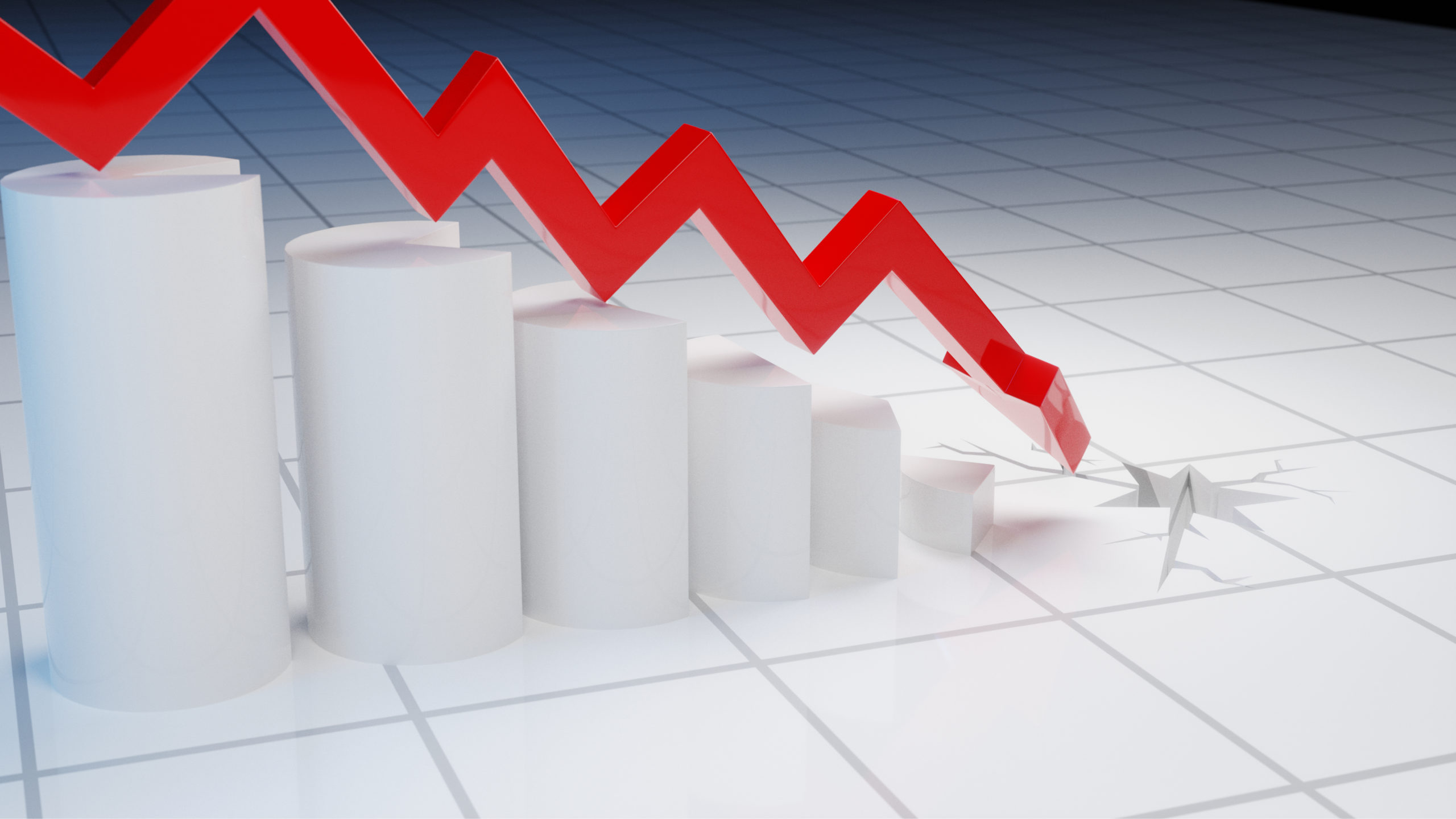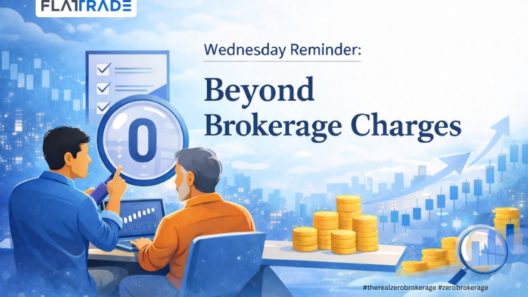When we purchase a company’s shares or stocks, we are termed as shareholders and that term referred not only to holding that particular company’s shares but also lets you to own a part of their business no matter the size. Hence, when any kind of significant development takes place within the company, you are duly informed. And this term is promptly called as Corporate Actions.
The term corporate actions refer to when a company does different changes or developments to its structure and inform the same to its shareholders. For example, receiving dividends by the shareholders, informing them of stock splits, mergers with other companies, acquisition details, bonus shares offer etc. These are the kind of corporate actions which are decided and approved by the company’s board of directors and made public through stock exchanges such as NSE and BSE
What’s a Dividend?
Dividends are basically your share of a company’s profits. When a business makes money, it doesn’t always keep it all for itself. Instead, it often gives some of those profits back to the people who own its shares. Sometimes you get cash, other times you might get extra shares (that’s what people call a stock dividend). Say a company declares a 100% dividend on shares with a face value of ₹10-you’d get ₹10 for every share you own. If you see a company handing out regular dividends, that’s usually a sign it’s solid and has been making steady money for a while-think of the big, established companies everyone knows.
Types of Dividends:
There are different kinds of dividends through which a company reward their shareholders. Let’s take a look at them below,
- Cash Dividend:
This is the common type of dividend that most companies offer their shareholders. You usually get a cash reward for the number of shares you own based on the profit distribution by the company. Many tech companies often pay these out, and the money just lands straight in your bank account.
- Stock Dividend:
In Stock Dividends, instead of cash, each shareholder gets more stocks as their reward. For example, if it’s a 1:2 stock dividend, and you own 2 shares of that company already, this means as a dividend, you get 2 more shares as bonus. That’s why this is also called as bonus shares.
- Interim Dividend:
Sometimes, companies pay a dividend partway through the year, usually after making good profits in a recent quarter
- Final Dividend:
At the end of the financial year, after the general financial meeting is held, books are closed, these dividends are sent out. Hence it is called as Final dividend. It is a cash pay-out to the shareholders at the end of the financial year.
- Special/ Extraordinary Dividend:
When a company makes great profits and had a huge turnover, it gives out some special or can be termed as extraordinary one-time bonus dividends to its shareholders.
How is a dividend usually paid?
Here’s how the dividend payment mechanism generally works,
- The board of directors decides the amount, percentage, and type of dividend.
- Declaration Date:
It is the date when the company declares publicly-usually through stock exchanges like NSE or BSE. The dividend and, in fact, announces the complete timeline. From this date, the ex-dividend date normally falls 3 to 5 days later, while the record date usually comes after this. The declaration of the dividend distribution marks an official confirmation.
- Ex-Dividend Date:
The ex-dividend date is usually 1 trading day before the date of record because of the T+1 settlement cycle. The investor must purchase shares at least 1 day prior to the ex-date to be eligible for the dividend. If they buy on or after the ex-date, the dividend is given to the previous owner.
- Record Date:
The record date is generally 1 day after the ex-dividend date. It’s a day when the company looks at its shareholder list to ascertain eligibility. Investors need to make purchases before the ex-date so that their shares reflect in the demat account by the record date.
- Payment Date:
The payment date is generally 7–30 days after the record date, depending on the payout process at the company. On this day, the company credits the dividend directly into the DP registered bank accounts of eligible shareholders, thereby concluding the dividend cycle.
How does a dividend affect the share price?
When a dividend is announced, stock prices usually move in two steps. Before the ex-date, a lot of investors rush to buy the stock so they can get the dividend, which might push the price up a bit. However, because new buyers will not receive the payout, the share price usually declines by roughly the same amount as the dividend on or shortly after the ex-date. For instance, the share price may fall to about 490 on the ex-dividend date if the company announces a 10 dividend and the share is trading at 500. This decline is purely mathematical; the overall value of your investment remains unchanged.
Effect on your Investment and Company Valuation:
- Value of the company: Dividend payments somewhat reduce retained earnings, but they also demonstrate the stability and assurance of the business.
- Shares’ face value: Has no impact.
- The share price typically declines following the announcement of the dividend as per the dividend payout.
- Your investment essentially remains unchanged. Although you receive some money, the value of your shares has decreased.
- Stock Contracts:
- Strike Price Adjustment When the share price reduces due to a corporate action, all option strike prices are proportionately adjusted so that the contract value remains unchanged for existing traders.
- Lot Size Adjustment The lot size of futures and options contracts is revised based on the corporate action, ensuring the total contract value stays the same even though the share price has reduced.
- Futures Price Adjustment: Futures prices are adjusted in the same proportion as the share price reduction so that traders neither gain nor lose because of the corporate action.
- Intrinsic Value and Premium Neutrality After adjustments, the intrinsic value and premium of options are recalculated to reflect the new strike price and lot size, keeping the overall position value neutral.
Therefore, dividends only convert a portion of your investment into cash on hand; they do not instantly make you richer.
The Importance of Dividends: The Importance of Dividends:
- A dividend can mean different thing to different people in accordance with their objectives and financial goals.
- They are a much preferred investment strategy with people who wishes for a long term investment since they yield constant returns with much lesser risk compared to stocks.
- They make a great source of passive income for anyone who wishes to invest constantly and prefers dividends pay out.
- Value investors prefer dividends much as they research about the profitable businesses and invest on them.
- Because dividends can produce brief price swings and opportunities for fast trades, traders keep an eye on them.
- Businesses that consistently pay dividends and even raise them are typically doing well financially.
Dividend Tax:
Depending on your tax bracket, dividends are taxed as regular income in India. The impact is minimal for small investors because tax deducted at source, or TDS, only becomes effective if you receive more than ₹5,000 in dividends from the same business in a given year.
How to Monitor and Verify Dividends:
- Monitoring dividend announcements is not too difficult:
- Examine the Corporate Announcements section of the NSE (https://www.nseindia.com/companies-listing/corporate-filings-actions) and BSE websites (https://www.bseindia.com/corporates/corporates_act.html)
- Go to the company’s website and visit the investor relations section.
- Use our Flattrade app to the find the corporate actions.
How to receive the dividends in Flattrade App?
If you own the shares in your Demat account prior to the ex-date, you don’t need to “apply” for a dividend; the funds simply appear in your linked bank account a few days following the payment date.
Conclusion:
Despite their simplicity, dividends are among the most effective ways for a business to thank its investors. They provide you with actual returns without requiring you to sell your stock, and they reveal a lot about the state of the business and its treatment of its owners.








